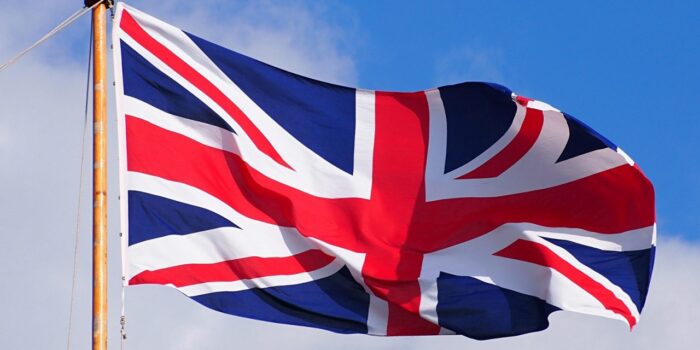The UK government has introduced new legislation to make sure seafarers get paid at least equivalent to the UK National Minimum Wage.
This aims to close a loophole that allowed seafarers who work on vessels that regularly serve UK ports, to be paid below an equivalent to the UK National Minimum Wage for the simple fact that the vessel operates an international service.
[smlsubform prepend=”GET THE SAFETY4SEA IN YOUR INBOX!” showname=false emailtxt=”” emailholder=”Enter your email address” showsubmit=true submittxt=”Submit” jsthanks=false thankyou=”Thank you for subscribing to our mailing list”]
Following P&O Ferries’ decision to dismiss 800 workers without consultation or notice, the government took action to begin changing the law on seafarer pay protection.
The changes mean that thousands of seafarers regularly entering the UK will receive fairer pay, putting the UK ahead of every EU state in its pay protections.
The Seafarers’ Wages Bill enables port authorities to deny access to services calling regularly at UK ports who do not pay their workers equivalent rate to the UK National Minimum Wage (NMWe) for time spent in UK waters – closing a legal loophole which was exploited by P&O Ferries.
Maritime Minister Robert Courts said:
Fair pay for seafarers is a must and the new laws we’ve introduced in Parliament today send a clear signal to operators that the UK will not let seafarers be priced out of their jobs by rogue bosses
Following P&O Ferries’ conduct, the government launched the consultation on the Seafarers’ Wages Bill in May 2022. The response, published alongside the introduction of the bill, shows that the overwhelming majority of respondents agreed that pay protection must remain at the forefront of the sector’s objectives.
The government spoke extensively with industry on how it can rapidly shape new laws on seafarer pay protection and has used the information and perspectives to shape the bill’s scope and compliance policies.
Vessels and services that call on UK ports at least every 72 hours on average, or more than 120 times a year, will fall under these new pay requirements and the ports, Maritime and Coastguard Agency and Department for Transport will all have a role in ensuring compliance.
In parallel, the Insolvency Service’s criminal and civil investigation into the circumstances of the redundancies made by P&O Ferries continues.
































































How does this work for the UK fishing industry?